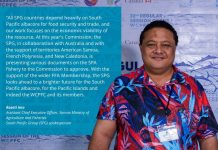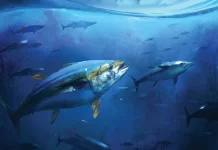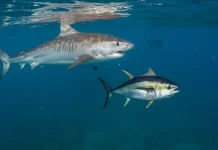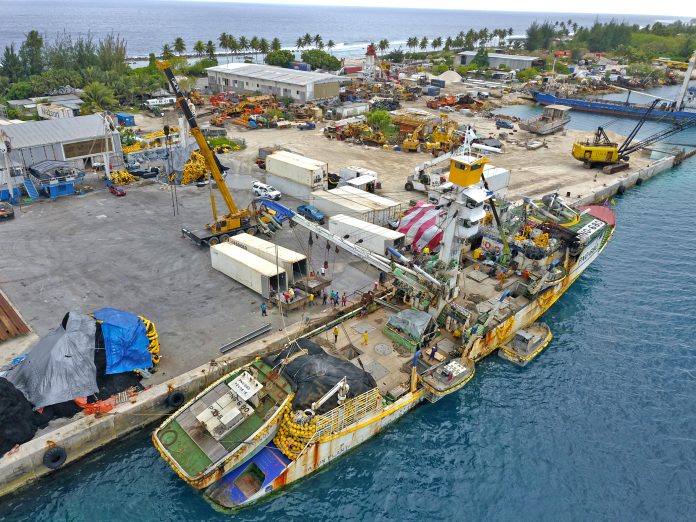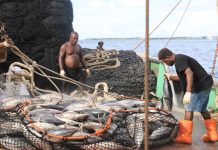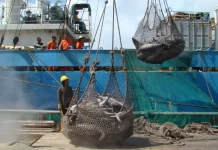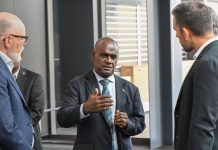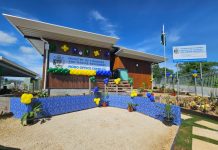The Republic of Marshall Islands(RMI) can achieve higher household incomes, increased employment and economic growth by focusing on the health and education of its people, improving the quality of government spending, and maximising the benefits of key sectors like fisheries, according to new World Bank economic analysis.
The Marshall Islands’ Country Economic Memorandum and Public Expenditure Review has examined the challenges, opportunities, and risks to sustainable growth and outlines reforms that can help deliver sustainable long-term economic development.
“Marshall Islands’ National Strategic Plan provides a clear pathway for the country’s development over the coming decade,” said Degi Young, World Bank Resident Representative for the North Pacific. “This new report aligns with the aspirations of that plan and outlines the policy options that will help Marshall Islands achieve its goals.”
The Country Economic Memorandum and Public Expenditure Review offers short, medium, and long-term recommendations based on five key policy areas:
*Strengthening labour opportunities by improving the quality of education and skills, linking training to labour market needs, and providing additional support to Marshallese people entering the workforce.
*Maximising benefits from fisheries, including by supporting reforms that can increase the price of a fishing day under the regional Vessel Day Scheme, as well as reforming existing financial incentives in the domestic fisheries sector, and securing duty free access to the European Union market.
*Enhancing climate and disaster resilience through stronger adaptation and disaster risk management planning, better early warning systems for multiple hazards, and improved collection and use of multi-hazard information to guide urban planning.
*Stabilising government finances with measures including growth-friendly tax reform, improving revenue administration, and strengthening the budget process to better prioritise spending, limit borrowing and save surplus revenues for times when revenues fall short.
*Improving service delivery by improving the recruitment, selection, development and management of the public sector workforce, streamlining procurement, and increasing the efficiency and quality of spending to improve education and health outcomes.
“Marshall Islands’ greatest resource is its people,” said Degi Young. “Yet Marshallese face significant economic challenges: the impacts of climate change, distance to international markets, and now; the COVID-19 pandemic. This report shows that by investing in people and fiscal systems, and making the most of its fisheries resources, Marshall Islands can chart a course towards greater economic independence.”
The World Bank works in partnership with 12 countries across the Pacific, supporting 84 additional projects totaling US$2.08 billion in commitments in sectors including agriculture, aviation and transport, climate resilience and adaptation, economic policy, education and employment, energy, fisheries, health, macroeconomic management, rural development, telecommunications, and tourism.
SOURCE: WORLD BANK/PACNEWS



